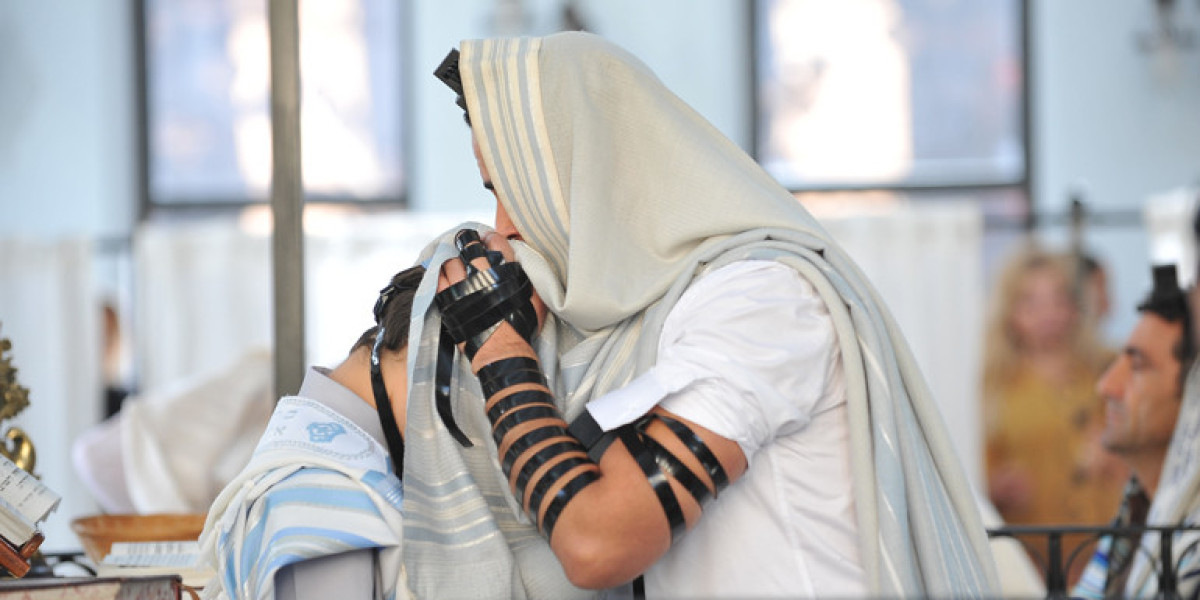In Jewish tradition, life is marked by a series of rituals, customs, and celebrations that connect individuals to their faith, families, and community. One of the most significant yet often less widely discussed events is Shabbat Hatan. This unique occasion, celebrated in honor of a groom (hatan) before or immediately after his wedding, combines spiritual devotion, joyous celebration, and cultural significance. Known for its heartfelt prayers, Torah readings, and communal festivities, Shabbat Hatan has remained an enduring practice that strengthens family bonds and enriches the spiritual journey of marriage.
This article provides an in-depth exploration of Shabbat Hatan, its origins, customs, traditions, and importance in Jewish life today. We will also discuss how modern communities continue to embrace it, the symbolic meaning behind its rituals, and the role it plays in strengthening Jewish identity.
The Meaning of Shabbat Hatan
The term Shabbat Hatan directly translates to “the groom’s Shabbat.” It refers to a Shabbat (Saturday, the Jewish day of rest) celebrated in connection with a wedding. Depending on community customs, Shabbat Hatan can occur either:
Before the wedding, to honor the groom and spiritually prepare him for his upcoming marriage.
After the wedding, as a continuation of the joy, symbolizing the merging of two families and their shared commitment to Jewish life.
The essence of Shabbat Hatan is to bring together family, friends, and community members to surround the groom with love, blessings, and spiritual encouragement.
Historical Origins of Shabbat Hatan
The roots of Shabbat Hatan are deeply intertwined with Jewish marital customs. Traditionally, Jewish communities placed great importance on public acknowledgment of a marriage, not only as a personal contract but as a covenant recognized by the community and God.
The public celebration during Shabbat allowed the groom to be honored in the synagogue, where he would be called up to the Torah (Aliyah laTorah). This ritual emphasizes the central role of Torah and faith in the foundation of a Jewish marriage. By placing the groom at the center of communal prayers, Shabbat Hatan symbolized both divine blessing and social integration into married life.
Customs and Traditions
1. Aliyah to the Torah
The groom is called up to read from the Torah during synagogue services. This is the most symbolic moment of Shabbat Hatan, representing his acceptance of responsibility as a husband and member of the Jewish community.
2. Blessings and Songs
Special prayers and songs are recited in honor of the groom. Friends and relatives often sing joyful melodies, sometimes inserting verses from Psalms or traditional liturgical poems.
3. Festive Meal (Seudat Shabbat)
A celebratory meal follows the synagogue service, often hosted by the groom’s family. It is filled with blessings, speeches, singing, and festive foods. The atmosphere is joyous, reflecting the sanctity of marriage.
4. Community Participation
Shabbat Hatan is not just for close family but for the entire community. Guests gather to show support for the groom, ensuring he begins his marriage surrounded by warmth and encouragement.
5. The Bride’s Role
In some traditions, the bride (kallah) does not attend Shabbat Hatan if it is held before the wedding. However, in other communities, she joins the celebration, symbolizing unity and shared joy.
Symbolism of Shabbat Hatan
Shabbat Hatan carries layers of spiritual and symbolic meaning:
Torah and Marriage Connection: By linking marriage to Torah readings, Jewish tradition highlights that a successful union is rooted in faith, wisdom, and divine guidance.
Community Responsibility: Marriage is seen not just as a private contract but as an event that strengthens the entire Jewish community.
Joy and Holiness: The celebration embodies the balance of joy (simcha) and holiness (kedusha), making the occasion deeply meaningful.
Shabbat Hatan Across Different Jewish Communities
While the essence remains the same, customs differ among Sephardic, Ashkenazi, and Middle Eastern Jewish communities.
Sephardic Traditions: Shabbat Hatan is often lavish, with grand feasts, musical instruments, and elaborate blessings. In Morocco and other North African countries, the groom is celebrated with vibrant cultural songs.
Ashkenazi Traditions: Typically more modest, Ashkenazi Shabbat Hatan celebrations emphasize synagogue rituals and Torah readings, followed by a warm family meal.
Middle Eastern Customs: Some Middle Eastern Jewish communities include henna ceremonies alongside Shabbat Hatan, blending cultural heritage with religious observance.
Shabbat Hatan in Modern Times
Today, Shabbat Hatan continues to hold great importance in Jewish communities worldwide. Even in secular or less traditional families, the ritual often remains because of its cultural value and the sense of togetherness it fosters. Modern variations may include contemporary music, creative speeches, or community-driven celebrations in Jewish centers.
In Israel, Shabbat Hatan is widely celebrated across different communities, from Jerusalem to Tel Aviv, where traditions blend and adapt while maintaining the event’s essence.
Spiritual Preparation for Marriage
For the groom, Shabbat Hatan is not merely a social gathering but a moment of reflection and spiritual preparation. Being called to the Torah before embarking on married life serves as a reminder that marriage is sacred, rooted in faith and divine blessing.
The Shabbat before the wedding gives the groom time to focus on prayer, gratitude, and personal growth, ensuring that he begins his marriage with humility and holiness.
Shabbat Hatan and Family Bonds
Beyond the groom, Shabbat Hatan strengthens family ties. Parents, siblings, and extended relatives come together to celebrate, creating a supportive environment. It is often the first major family event that connects two families before the wedding or unites them immediately after it.
This communal celebration underscores the Jewish belief that marriage extends beyond two individuals—it unites families and, symbolically, the entire community.
Paamonim Hotel: A Perfect Stay for Shabbat Hatan in Jerusalem
For families traveling to Jerusalem to celebrate Shabbat Hatan, finding the right accommodation plays an important role in ensuring a memorable experience. The Paamonim Hotel, located in the heart of Jerusalem, is an ideal choice. Known for its warm hospitality, modern amenities, and central location near historic sites and synagogues, Paamonim Hotel offers the perfect blend of comfort and tradition. Guests can enjoy spacious rooms, Shabbat-friendly facilities, and easy access to Jerusalem’s vibrant cultural and religious landmarks. Its welcoming atmosphere makes it an excellent option for families gathering for Shabbat Hatan, allowing them to celebrate in both comfort and style.
Shabbat Hatan: A Celebration Beyond Time
As Jewish communities continue to evolve, the traditions of Shabbat Hatan remind us of the importance of balancing modern life with ancient practices. It ensures that marriage is not only a personal milestone but also a sacred covenant celebrated within the heart of the community.
The rituals of Torah reading, blessings, communal meals, and songs create an atmosphere that bridges spirituality and joy. Whether celebrated in Israel, Europe, North America, or beyond, Shabbat Hatan continues to thrive as an expression of Jewish identity and cultural continuity.
Conclusion
Shabbat Hatan is much more than a pre-wedding or post-wedding celebration. It is a powerful spiritual and communal tradition that strengthens faith, family, and community bonds. Through synagogue rituals, joyous meals, and heartfelt blessings, it highlights the sanctity of marriage and the central role of Torah in Jewish life.
In a world that is constantly changing, Shabbat Hatan serves as a reminder of timeless values—love, unity, faith, and joy. Whether celebrated modestly or with grandeur, it remains a cherished Jewish tradition that connects the past with the future, ensuring that the sacred journey of marriage begins on a foundation of holiness and community.










